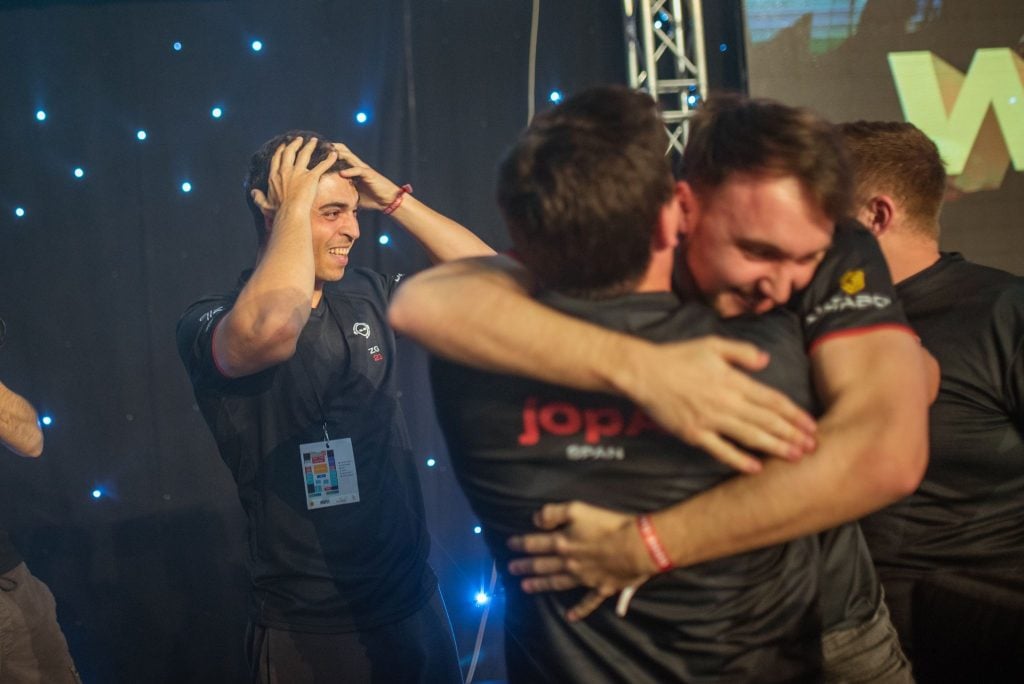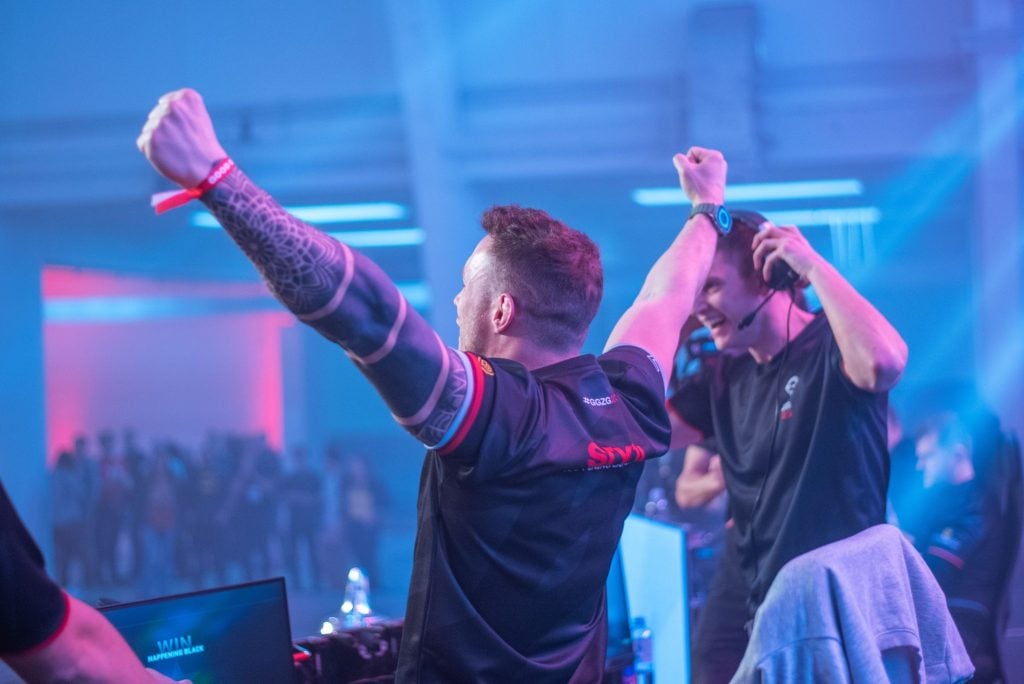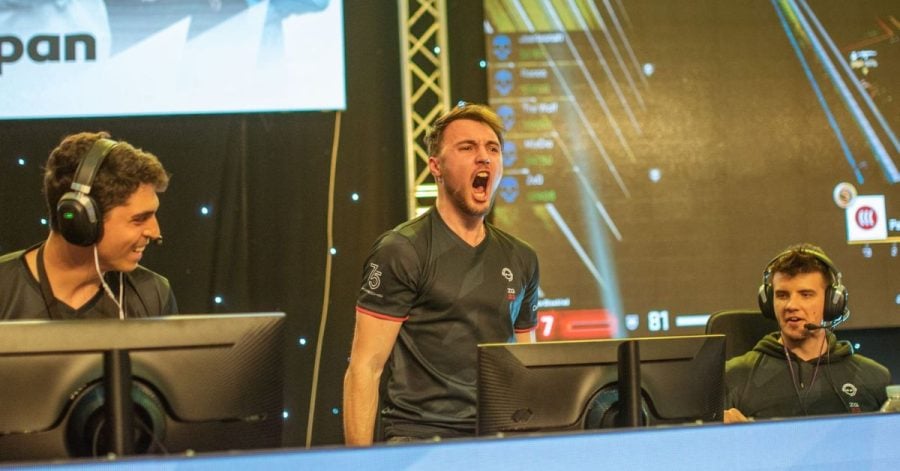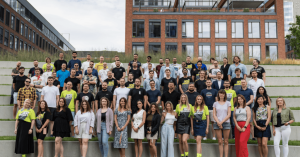In recent years, e-sports has become a global phenomenon, attracting millions of players and viewers worldwide. As the popularity of e-sports continues to grow, it has also captured the attention of businesses and investors. In particular, the rise of e-sport tournaments has led to an interesting trend – the increasing involvement of tech companies and startups in competitive gaming.
Why do tech companies choose to compete in e-sports? And how does participation in tournaments influence their drive for growth? Explore the topic below.
Nikola Stolnik is the CEO and founder of Croatian e-sports startup Good Game Global, with the main goal of organizing B2B e-sports events for the top tech companies from across the Western Balkans region. He first thought of this format of e-sports tournaments when he was living in Ireland and working for Google at that time.
“On weekends we would gather at someone’s place, bring laptops and play StarCraft, CS: GO or Dota against each other. There would be five guys from Facebook and five guys from Google, and we’d compete against each other. It was a lot of fun, so when I came back to Zagreb I decided to do an event of this type where companies would compete against each other in video games,” Stolnik tells The Recursive.
After two years of hiatus because of the COVID-19 pandemic and all of the restrictions that were in place, Good Game finally managed to organize an in-person tournament at the beginning of this month, called Good Game Zagreb. The tournament gathered 32 teams made up from players from participating regional tech companies such as Infobip, Nordeus, Endava, Infinum, Span, and many more. The event had over 2,000 attendees and had more than 60 matches in total.
Team building, networking and business development all in one
Aside from competing in the hugely popular Counter Strike: Global Offensive game, the tournament is also a way for employees from these companies to socialize, have fun and simply have a great team building activity, Stolnik explains.

“All of these companies want to be seen as fun and futuristic, and they want to attract the best talent. And those talents can choose whatever company they want to work for – so the companies really want to be appealing for their future and current employees. And being a part of a Good Game event is one of the ways to do it. So first, I’d say this is very good for employer branding,” he tells The Recursive.
Then, there is the unique and rather relaxed atmosphere that these tournaments have and which is also appealing for these companies, the Croatian entrepreneur explains.
“I think that it is also a very good form of team building, for networking, and for business development as well.. At our events there are no sales, speeches or lectures where someone will offer you their services. People here are just playing video games, they’re cheering, waving flags and drinking beers. And then you’ll see all these 1000 or more people who all are passionate about something you’re passionate about, and you connect immediately,” Stolnik says.
Letting tech employees enjoy what they love doing
In turn, this connection is also allowing tech employees to be themselves and just enjoy what they love doing, which in this case is gaming, in an environment that also embraces it.

“For example many of these companies have many 35-year-old employees that don’t really communicate much about loving video games out in the open, they play by themselves at home. But when they see a hundred other 35-year-old product managers in different companies who also like video games, they immediately start talking to each other. And this is how friendship forms. We also want to put these passionate gamers up on a stage, so everyone looks at them and they feel appreciated,” Stolnik tells The Recursive.
Additionally, there is the element of competition between the companies, but seen in a rather fun way, as opposed to the everyday stressful race for success, chasing customers, profits and so on.
“Imagine you have these two software development companies constantly battling for everything. And now they’re shooting at each other on stage, and their employees are cheering them on! So it is a pretty big thing for them if they win, and until the match is over it is very stressful for both teams and for those that are watching. But also this is where the excitement is – they all feel important when they’re on the big stage and this is basically the value they get out of it,” Stolnik, who is an avid gamer himself, explains.
The experience from this year’s tournament showed that tech companies are becoming more and more willing to support such and be a part of such events.
Croatia had also seen e-sports events such as “Hall of Game”, with the goal to gather gamers at competitive spaces. Neighboring Serbia has also hosted a number of e-sports tournaments, illustrating a trend in the making for the region. So is this going to be a trend that most tech companies will want to participate in? Stolnik certainly thinks so.
“This year we sold out in record time. We had 32 slots and there were also an additional 10 companies wanting to come in to participate. So I would say there’s more and more interest in something like this, because it’s very unusual, there is nothing like this in the world and I would definitely like to see this in many other countries,” he says, adding that there is already interest in having similar events in China and Germany.
“My vision is that maybe in three to five years we’d see headlines in big business news outlets saying “Five beats Google – not in revenue, but in CS:GO”. So this is the idea that we have in the long run,” Stolnik concludes.








